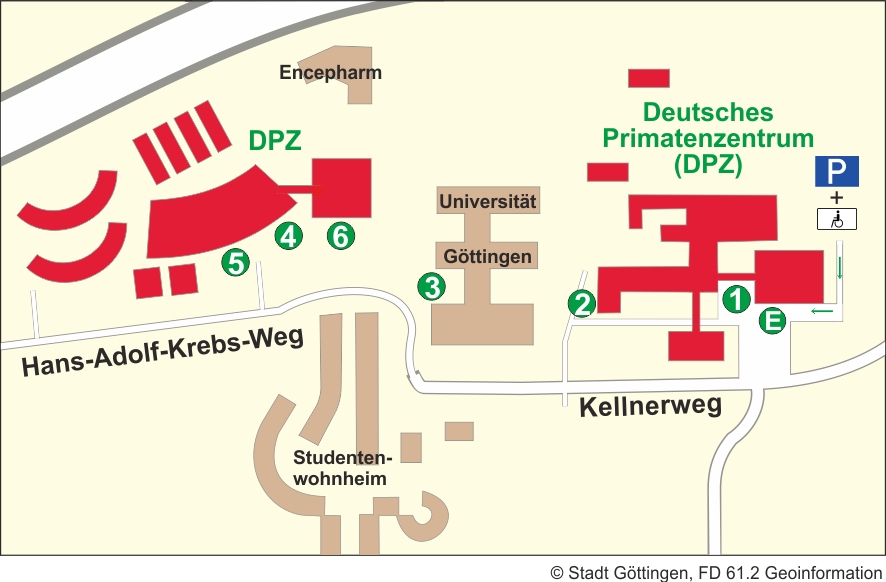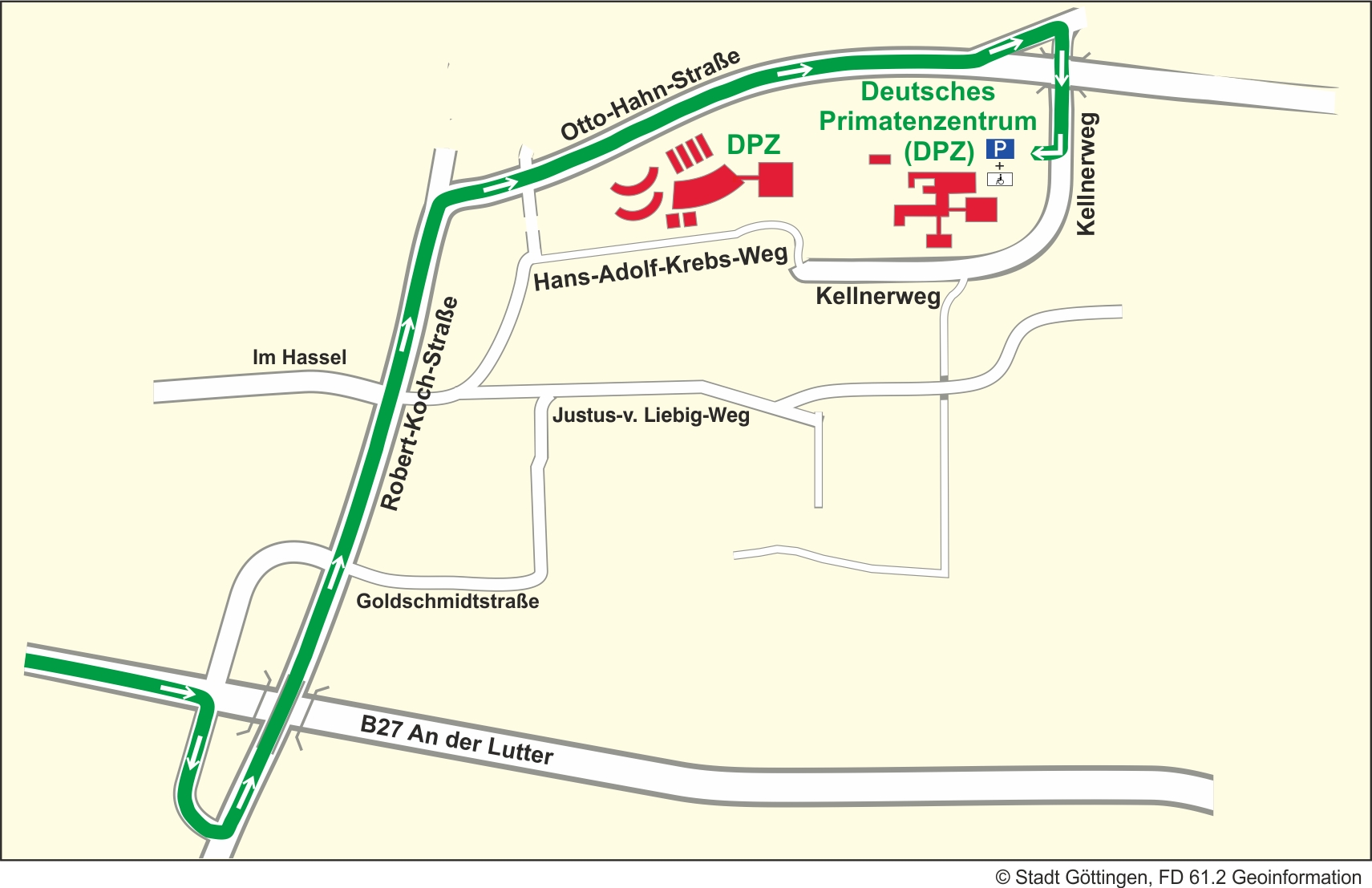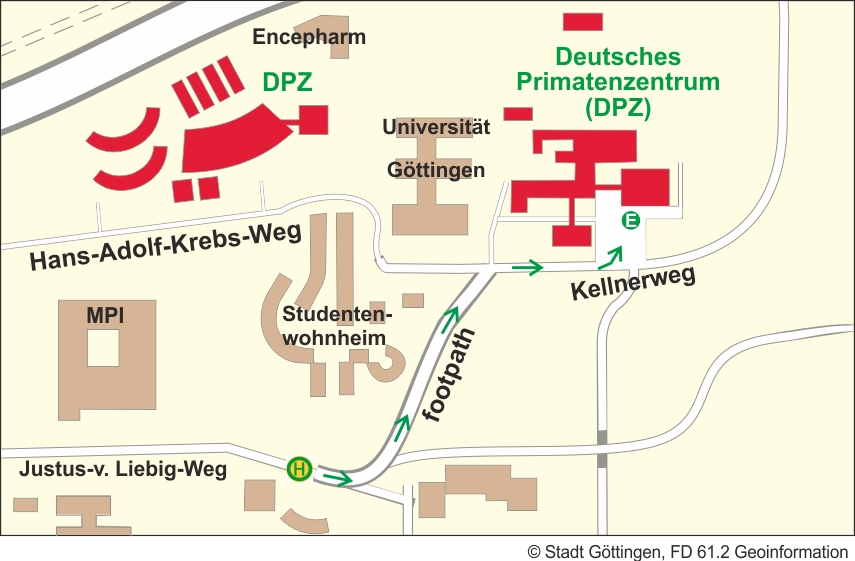A Disorder of Agency: The Causal Attribution of Sensory Events to One’s Actions and Its Impairment in Schizophrenia
Save as calendar entryA key constituent of the “self” is subjective agency. Subjective agency refers to our ability to identify whether or not our movements and actions (and their sensory consequences) are caused by ourselves. Deficits of this ability do, accordingly, dissolve the border between self and non-self, as is the case in Schizophrenia patients suffering from delusions of influence (DoI). These patients do, for instance, misattribute agency for their own actions to “alien forces”. In my presentation I will first focus on an ongoing study in which we estimated intentional binding in healthy subjects vs. Schizophrenia patients. Intentional binding is considered an implicit marker for a “sense of agency”. It refers to the phenomenon that the temporal onsets of an intentional action and a sensory effect are bound together in subjective time. As was expected, Schizophrenia patients suffering from DoI lacked intentional binding. I will further demonstrate that the lack of intentional binding in patients with DoI could be explained through imprecise “forward models”: Forward models predict the sensory consequences of one’s movements, allowing one to infer whether or not a perceived movement/action is self-produced (because the sensory prediction matches the perceived movement). I will provide experimental evidence that internal forward models are specifically altered in Schizophrenia patients with DoI. Finally, I will speculate how imprecise forward models could explain (i) the lack of intentional binding in Schizophrenia patients with DoI, (ii) patients’ overreliance on reactive (rather than predictive) information, and (iii) their “disorder of agency”.
please visit also Axel Lindner's website: http://nocolab.axel-lindner.info
Targetgroup
open to public
Referent
Axel Lindner (University Hospital Tübingen)
Journey Description
Map

E - Main Entrance/Reception
1 - Managing Board; sections: Infection Biology Unit, Unit of Infection Models, Laboratory Animal Science Unit, Primate Genetics Laboratory, Behavioral Ecology and Sociobiology Unit, Cognitive Ethology Laboratory, Neurobiology Laboratory, Research Coordination, Public Relations, Information Technology, Administration, Technical Support, Library.
2 - Material Delivery/Purchase
3 - Platform Degenerative Diseases
4 - Cognitive Neuroscience Laboratory
5 - Animal Husbandry
6 - Imaging Center, Functional Imaging Laboratory
Arrival by car

Leave the interstate A7 at exit "Göttingen Nord". Follow the B27 straight ahead in the direction of "Braunlage". After the third traffic light intersection turn right towards "Kliniken". Afterwards turn left onto "Robert-Koch-Straße" direction "Universität Nordbereich/Polizei". At the end of "Robert-Koch-Straße" turn right onto "Otto-Hahn-Straße", direction "Nikolausberg". The first street on the left turn onto "Kellnerweg", follow the signs "Deutsches Primatenzentrum".
Arrival by bus

The footpath from the bus stop "Kellnerweg" to the Main Entrance/Reception:
From Bus stop "Kellnerweg" (line 21/22 and 23) Cross the road, go in the direction of the bus. At the mailbox, turn left into the footpath and proceed to the end. Turn right into the Kellnerweg. The main entrance of the DPZ is on the left side.
Date and Time 23.10.18 - 14:15 - 15:30 Signup is not required
Location Lecture hall, DPZ, Kellnerweg 4
Leibniz ScienceCampus Primate Cognition
Leibniz ScienceCampus Primate Cognition
<link cschloegl@dpz.eu>cschloegl@dpz.eu</link>
0551-3851-480
